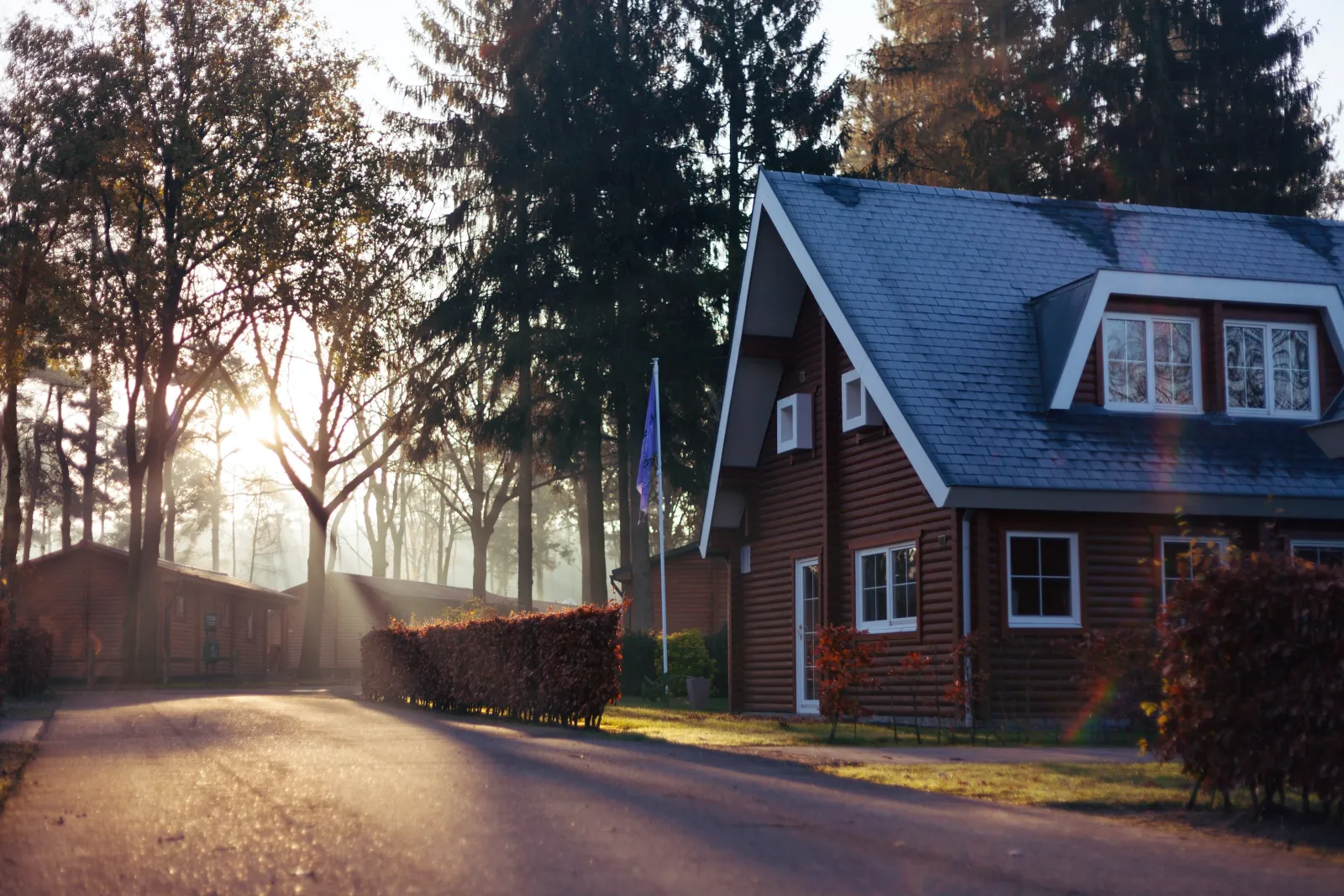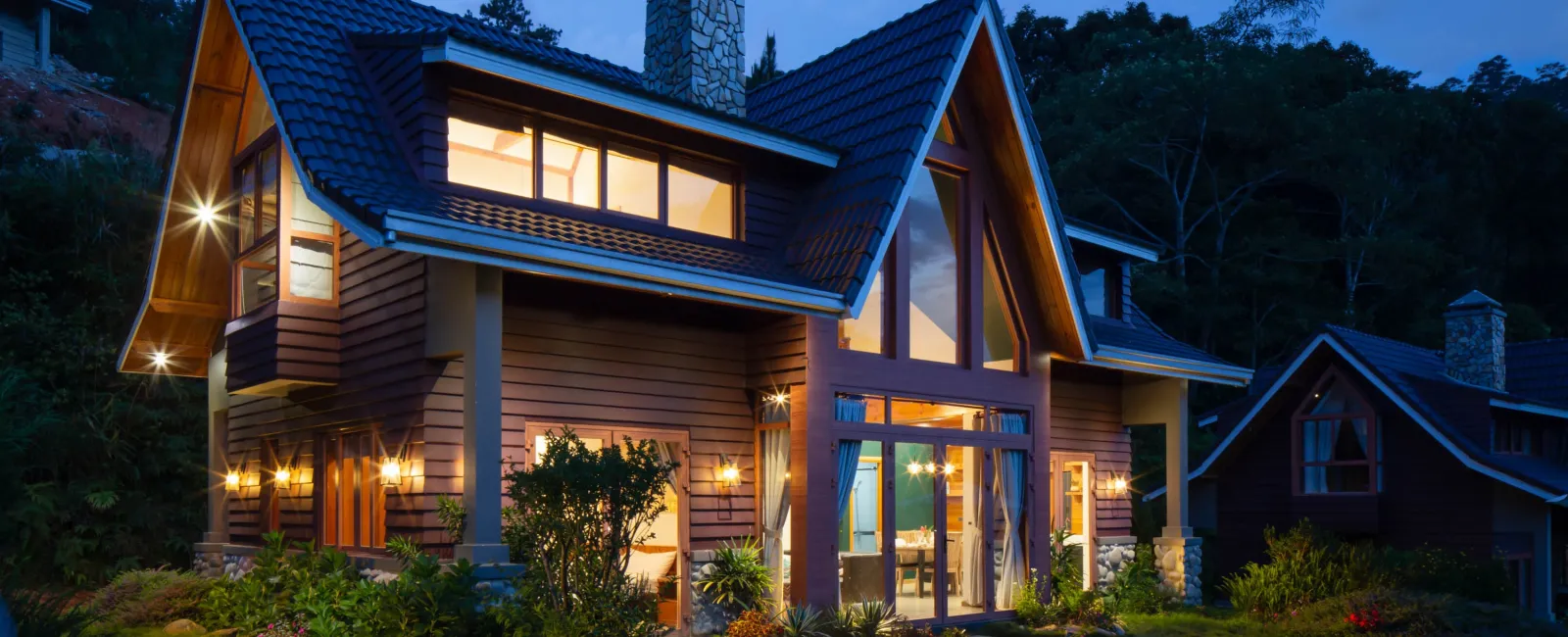What is a Zero-Down Payment Mortgage?
Is your dream to own a home feeling out of reach because you're worried about saving a huge sum of money for a down payment? Well, you're not alone. Many aspiring homeowners face the same challenge, but guess what? You might not need a pile of cash to make your dream come true. In fact, it's possible to buy a house with no money down. Sounds surprising, right?
In this guide, we'll walk you through the ins and outs of buying a home without needing a large chunk of money upfront. We're going to explain some particular types of home loans, called zero-down payment mortgages, that don't require you to put money down right away. We'll also explore options that require only a small down payment.
If you're wondering why most lenders typically ask for a down payment, we've got you covered. We'll explain why this is usually the case, and how these special mortgage options bypass this requirement.
So whether you're a first-time home buyer in Texas or someone looking to move into a new home, this guide will help you understand your options. By the end, you'll be equipped with the knowledge you need to make an informed decision about buying a house with no money or little money down. So let's dive in and get you closer to the keys to your new home!

The Concept of Zero-Down Payment and Low Money Down Mortgages
Before we dive into the options for buying a house with no or little money down, let's first understand what these terms mean.
What is a Zero-Down Payment Mortgage?
A zero-down payment mortgage is pretty much what it sounds like. It's a home loan that allows you to purchase a house without making an initial payment, known as a down payment. Usually, when you buy a home, you're expected to pay a certain percentage of the home's price upfront. This is the down payment. But with a zero-down payment mortgage, you can bypass this initial cost.
What is a Low Money Down Mortgage?
A low-money down mortgage, on the other hand, does require a down payment, but it's a smaller amount than what's typically expected. Instead of the standard 20% of the home's price, you might only need to pay 3% or 5% upfront. This can make a big difference, especially if you're a first-time home buyer or don't have a lot of money saved up.
Why Do Lenders Typically Require a Down Payment?
You might be wondering why lenders usually ask for a down payment in the first place. The reason is simple: security. When you make a down payment, you're investing your own money into the home. This means you're less likely to stop paying your mortgage because you have a personal stake in the property. It's a way for lenders to protect themselves, but it can be a big hurdle for many potential homeowners.
As we'll see in the next sections, there are various options that either eliminate the need for a down payment or significantly reduce it. This opens the door to homeownership for many people who might otherwise find it out of reach.
Zero-Down Payment Mortgage Options
When it comes to buying a home with no money down, government-backed loans can be a great option. These are special types of loans that are guaranteed by the federal government, which makes them less risky for lenders. Let's explore two main types of these loans: VA loans and USDA loans.
VA Loans
VA loans are backed by the Department of Veterans Affairs, hence the name. If you're an active-duty service member, a military veteran, a current or former member of the National Guard or Reserve, or the surviving spouse of a deceased veteran, you may qualify for a VA loan.

One of the most appealing features of VA loans is that they allow for a $0 down payment. That means you could potentially buy a home without putting any money down upfront!
But keep in mind, to qualify for a VA loan, you'll need to meet specific service requirements. These could include a certain number of days of active service during wartime or peacetime, a minimum period of service in the National Guard or Reserve, or a discharge due to a service-connected disability. Plus, while VA loans don't have a minimum credit score requirement, some lenders might ask for a certain credit score.
USDA Loans
USDA loans are another zero-down payment option, and they're guaranteed by the United States Department of Agriculture. These loans are designed to encourage development in rural areas.
If you're looking to buy a home in a rural or suburban area, and you meet certain financial requirements, a USDA loan might be a good fit for you. Keep in mind, though, that the home you're looking to buy must be your primary residence and can't be a working farm.
Just like VA loans, USDA loans have certain requirements you'll need to meet. These can include income limits and a certain credit score.
Remember, while these options can make homeownership more accessible, it's important to carefully consider your financial situation and long-term plans before deciding to take a zero-down payment mortgage.
Other Low-Money Down Mortgage Options
What if you're not eligible for a VA or USDA loan? Don't worry! There are still options available to you that require only a small down payment. Let's explore these:
Conventional Loans With PMI
Contrary to popular belief, conventional loans—those not insured by the federal government—don't always require a large down payment. Depending on your lender and your circumstances, you could get a conventional loan with as little as 3% down.
However, there's a catch. When you make a smaller down payment, you'll likely need to pay for private mortgage insurance, or PMI. This is an extra cost added to your mortgage payment that protects the lender if you can't make your payments. But don't let this deter you! Even with PMI, a low down payment loan can make homeownership more accessible and affordable.
FHA Loans
FHA loans, backed by the Federal Housing Administration, are another option. These loans require a down payment as low as 3.5% if you have a credit score of 580 or higher. If your credit score is between 500 and 579, you'll need a 10% down payment. Like conventional loans with PMI, FHA loans require you to pay for mortgage insurance, but they can be a good option if you're a first-time home buyer or have a lower credit score.
Steps To Take When Considering a Mortgage with Little to No Money Down
So, now that you know about your options for buying a home with no or little money down, what should you do next?
Evaluate Your Financial Situation: Before diving into a mortgage, take a close look at your financial health. Consider your income, debts, credit score, and savings. This will help you understand what you can afford.
Understand the Requirements: If you're considering a VA, USDA, or FHA loan, make sure you understand the requirements. Look into the details, like service requirements for VA loans, location and income requirements for USDA loans, and credit score requirements for FHA loans.
Consult with a Professional: Consider speaking with a financial advisor or mortgage professional. They can help you understand your options, guide you through the process, and make sure you're making the best decision for your financial future.
Be Prepared for Other Costs: Remember, even if you don't need a down payment, there are other costs associated with buying a home. These can include closing costs, moving expenses, and ongoing costs like property taxes and home insurance.
